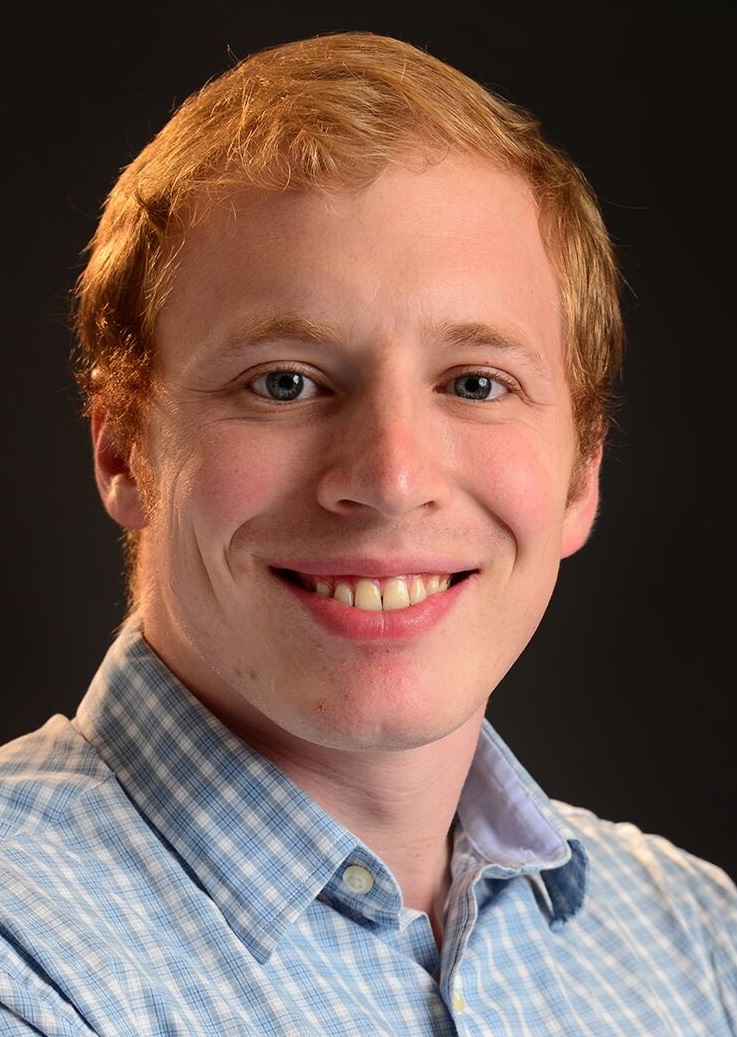


Cornell University TREESPEAR Graduate Research Associate Louis Sears presented his research on groundwater property rights at the Canadian Resource and Environmental Economics (CREE) Study Group Annual Conference.
For his research, Louis is analyzing groundwater management in California. California is currently experiencing its third-worst drought in 106 years, and the hydrologic effects of the drought will take years to recover. Groundwater management is particularly important in California as the state produces almost 70 percent of the nation's top 25 fruit, nut, and vegetable crops. Most crops in California come from two areas: the Central Valley, including the Sacramento and San Joaquin valleys; and the coastal region, including the Salinas Valley, often known as America's "salad bowl". Farmers in both areas rely heavily on groundwater. An analysis of government policies for California groundwater management would be particularly timely as legislation allowing regulation of groundwater is being implemented gradually in California over the next several years.
Groundwater property rights in California are governed by a dual rights system, in which the primary right to groundwater is given to the owner of land "overlying" the resource, while appropriators may divert surplus supply of water that is unused by the overlying user to beneficial uses outside of the land.
Louis develops a theory of such a dual rights system, and evaluates the inefficiencies that arise both analytically and numerically. In particular, Louis uses a combination of dynamic programming, optimal control theory, and game theory to analyze a dual rights system and compare it to a single rights system and to the social optimum. He then makes theoretical predictions about the optimal path of water use in California, and how imperfections in the property rights system governing groundwater may impact its use over time.
According to Louis' results, a dual rights system can be inefficient and lead to deadweight loss even in the absence of inefficient spending on legal investment. In particular, owing to the common pool nature of the groundwater resource, and to differences in the marginal value of water and in the incentives for capital investment between the farmer and the appropriator, a dual rights system can lead to overextraction of water and underinvestment in capital by the farmer.
Louis' research has important implications for the design of property rights regimes and water management policies for groundwater.
For further reading: